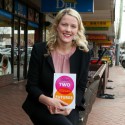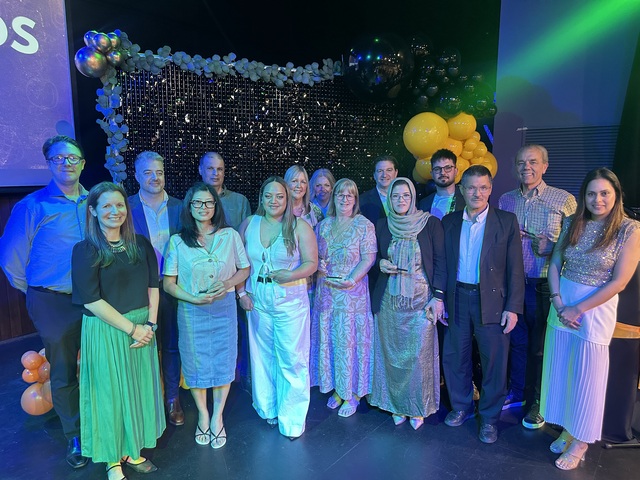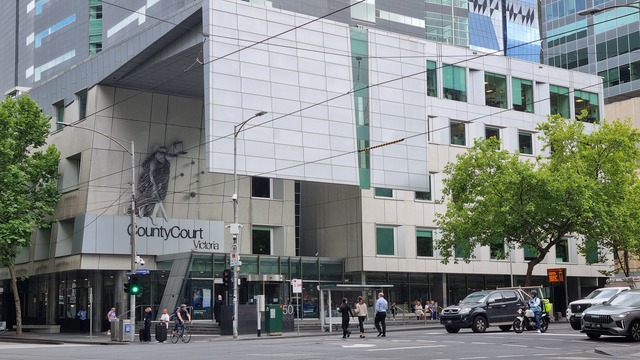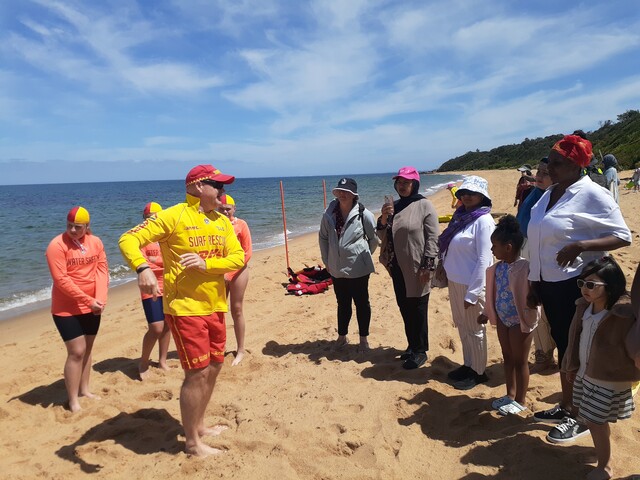By CAM LUCADOU-WELLS
IF PEOPLE are concerned about the future, why isn’t there a federal Minister for Children?
It’s one of the ideas posed by Hotham MP Clare O’Neil in her book Two Futures, which is co-authored with Gellibrand federal MP Tim Watts.
Children are one of the few groups that don’t have a voice in the Federal Parliament, she said.
Yet their destinies are shaped by politicians’ decisions especially on quality early-education and child care, Ms O’Neil said.
She said US research has found that at age four, children of advantaged backgrounds have heard 30 million more words than those from disadvantaged backgrounds.
“Once a child starts school from a disadvantaged background they tend to fall further behind,” Ms O’Neil said.
She points to Australia’s “extraordinary” bottom-ranking in the OECD for three-year-olds’ early education.
Primary-school children’s academic performance is steady, but going backwards compared to nations such as China.
The top seven countries at maths are Asian, while Australia ranks in the high-teens.
Ms O’Neil said there needs to be policies for good parenting and early influences on children to reverse the trend.
“We need maternal and child health services helping parents be great parents.”
Her book says that what Australia will be like circa 2040 will be decided now.
She said that the book is not meant to be a party-political polemic but a conversation about long-term thinking.
During a self-funded Australian book tour, Ms O’Neil has discovered a thirst in the community to talk about things affecting children.
The early childhood issue could shape Australia’s economy in 25 years’ time – whether it’s relying on primary products or fully using people’s skills in emerging “green growth” jobs, she argues.
One thing that restricts long-term ideas is MPs’ extraordinary volume of work and pace of life – something that many constituents don’t understand.
Ms O’Neil and four staff represent an electorate of 140,000 including Noble Park, Springvale and Keysborough.
Her email box fills with about 1000 messages a week and the office phone rings off the hook, often with complex issues. There’s also the “media stuff” such as writing to newspapers.
“It’s getting harder and harder to think about long-term issues. You can get trapped in to not thinking just beyond next week but over the next half-hour.”
The other inhibitor is the increasingly partisan nature of politics.
Ms O’Neil, a former City of Dandenong mayor, said local government tended to focus less on party politics.
“As mayor I was concentrating on having a functional council which would make good decisions based on consensus.”







